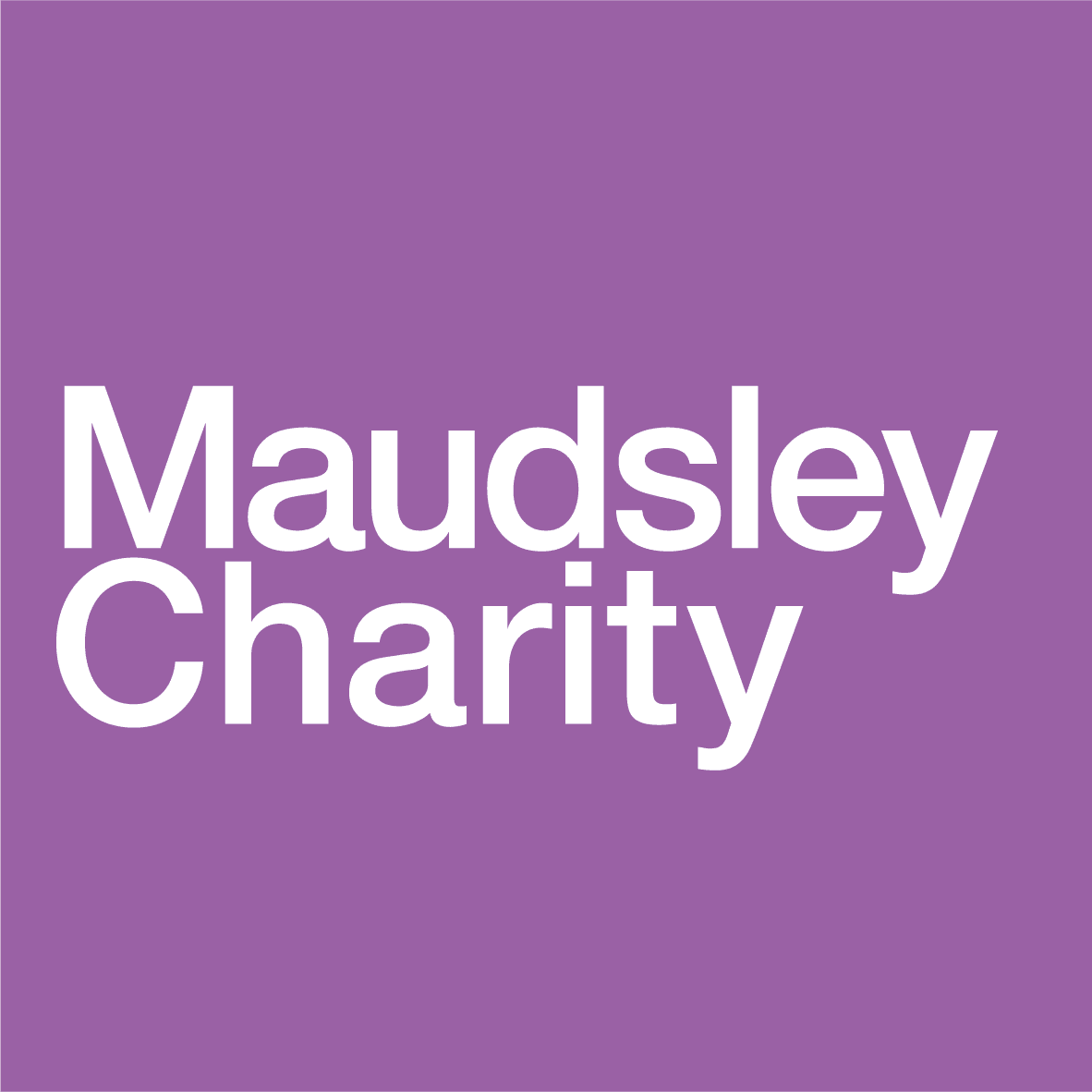Understanding ADHD
To mark Children’s Mental Health Week, Brody Barclay, 18, shares his experience of living with ADHD and autism and taking part in research.
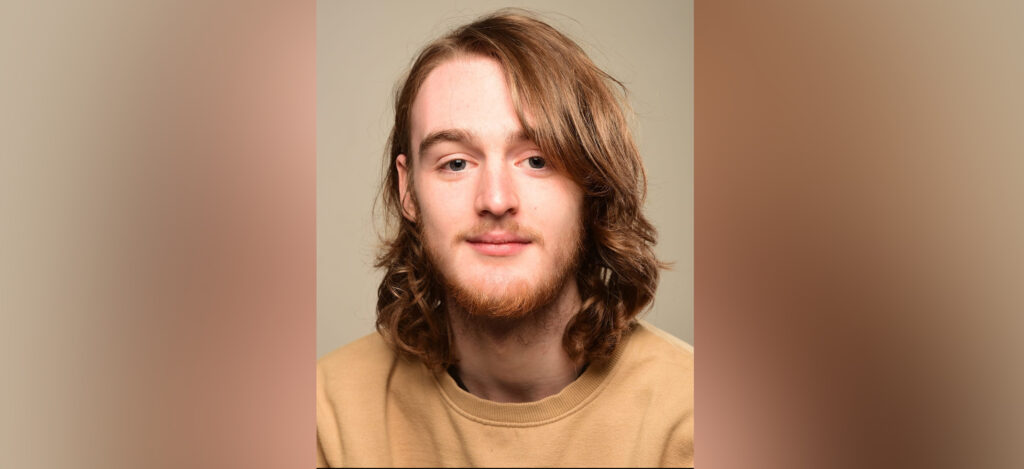
Brody Barclay is part of the RE-STAR Junior Youth Researcher Advisory Panel. RE-STAR is a research programme run by King’s College London, working with young people with diagnoses of ADHD and autism to help cut the risk of depression. The team at KCL are part of the King’s Maudsley Partnership for Children and Young People, which brings together clinical and academic collaboration in mental health between South London and Maudsley NHS Trust and King’s College London’s Institute of Psychiatry, Psychology and Neuroscience, with Maudsley Charity as its charity partner.
Living with ADHD
My name is Brody Barclay and I am 18 years old. I am currently studying Game Design Art at the University of Central Lancashire. I was diagnosed with ADHD at the age of 9 and Autism at 13. It has been quite a struggle living with ADHD. I spent a long time thinking I was the only person who had a brain like mine. I thought I was broken and have often felt misunderstood. My teachers didn’t understand – in my early years in education, I was getting told off for not sitting still, lack of focus, not completing work in class. I have struggled with friendships over the years, having lost most of them due to misunderstandings and a lack of ability to properly communicate with them.
I have felt quite lonely at times. I am easily distracted. I could have a deadline due for the next day and despite my inner feelings begging me to do work, I find some little things on my desk to just play with. I can often be impulsive and say the wrong thing, but I never mean to hurt people. Some people can be unforgiving, think I’m rude or blunt. I end up overthinking every conversation I’ve had and replaying my responses, worrying in case I have said the wrong thing. I have struggled with anxiety for as long as I can remember. It’s exhausting. I also struggle with many food textures and tastes. Although I know I need to eat more, to put weight on, it’s a real struggle, adding a lot more stress. I have been on medication for ADHD. It had its place, especially during my GCSE’s. Although I have a love-hate relationship with it. I feel more artificial on it and not free to be me.
I can become very overwhelmed when given a lot of tasks in one go. Sometimes, this can stop me from starting anything. After I’ve been social with people, I need a bit of alone time to recharge my batteries. I’m not ignoring people as I love to socialise, but without that time, I just struggle to function around others. I can be very forgetful and I’m always looking for my keys.
My mum has been a real encouragement to me. She saw online a chance for me to help others from my experience living with ADHD.
RE-STAR – taking part in research
I joined the (Regulating Emotions – Strengthening Adolescent Resilience) RE-STAR Junior Youth Researcher Advisory Panel (or Junior Y-RAP for short) as a founding member in October 2022. RE-STAR is a research programme at King’s College London looking at methods that could be used in schools to help support neurodivergent young people with their mental health, particularly with depression. Part of this is giving them the strategies to help themselves. This is why it’s so important to hear from the real-life experience of young people to understand fully what their needs are to help them succeed.
Prior to joining the Junior Youth Researcher Advisory Panel, I was a study participant for RE-STAR taking part in an interview study the previous year. The majority of my interaction with RE-STAR has since been through the bi-monthly Zoom meetings the research team held with a group of 8-10 junior Y-RAP. Through these meetings, the group is shaping both the ‘what’ and the ‘how’ of the RE-STAR research programme . I also had some hands-on experience with some of the research methods at RE-STAR’s ‘Be a Researcher Day’ last summer.
To feel that people really care about young people’s mental health and everything that comes with living with ADHD is encouraging to me. Being able to be part of this project and having my voice heard shows me that whatever you go through can be used for good. That’s why I love being a part of RE-STAR research. It’s about having your voice heard so we are able to help others to make a better future for them.
-
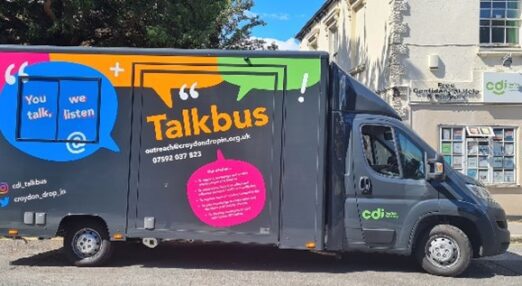
Celebrating support for mental health projects in Children’s Mental Health Week
As part of Children’s Mental Health Week Maudsley Charity is highlighting three projects we are funding that support children and young people’s mental health.
Read more
-
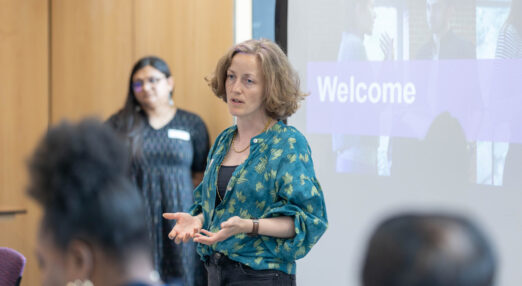
Addressing the complexity of mental healthcare and support
How Maudsley Charity is becoming an inclusive grant-maker.
Read more
-
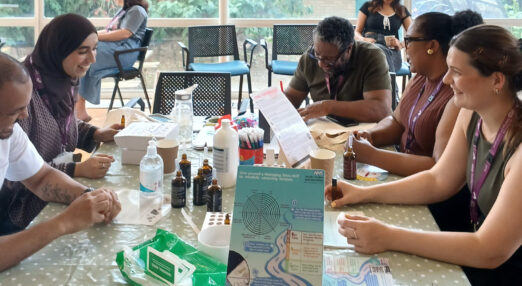
World Mental Health Day – Supporting Mental Health at Work
World Mental Health Day this year is about mental health in the workplace, something we think is very important at Maudsley Charity.
Read more
